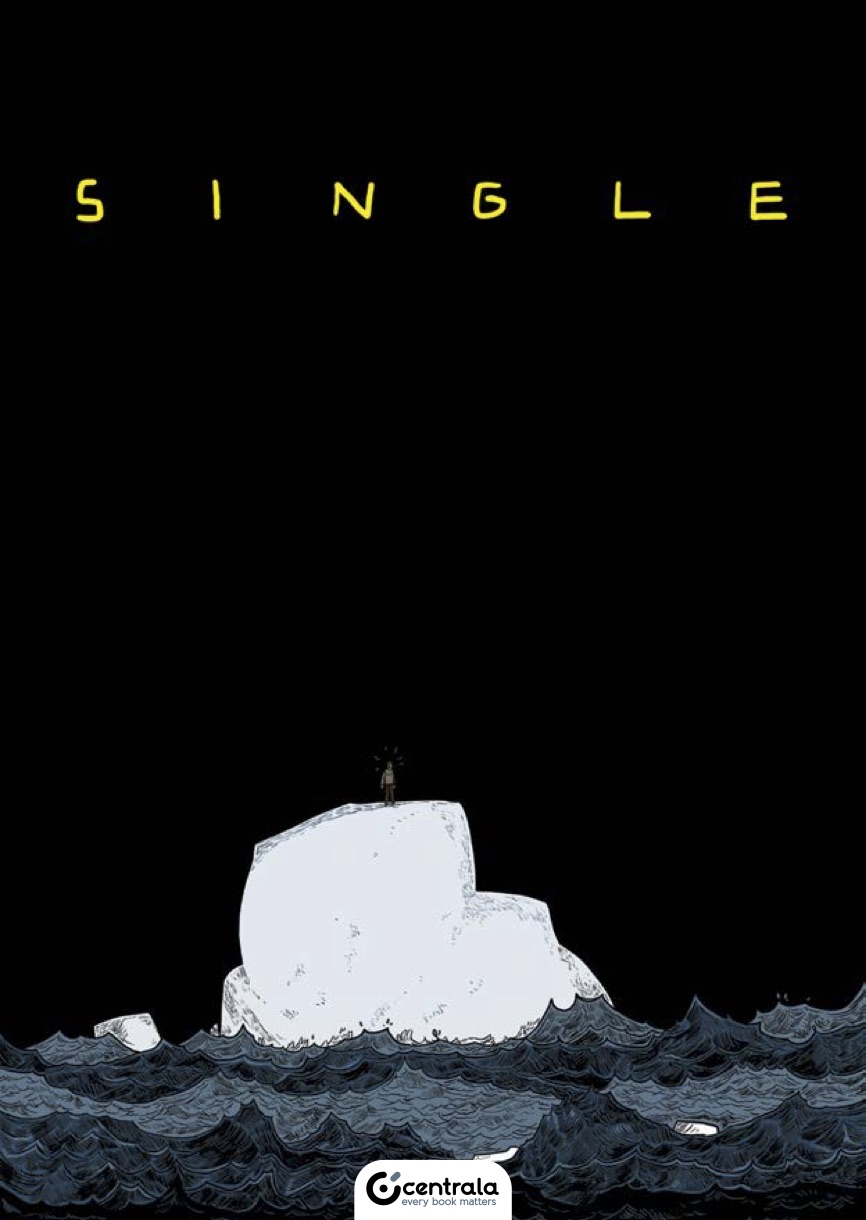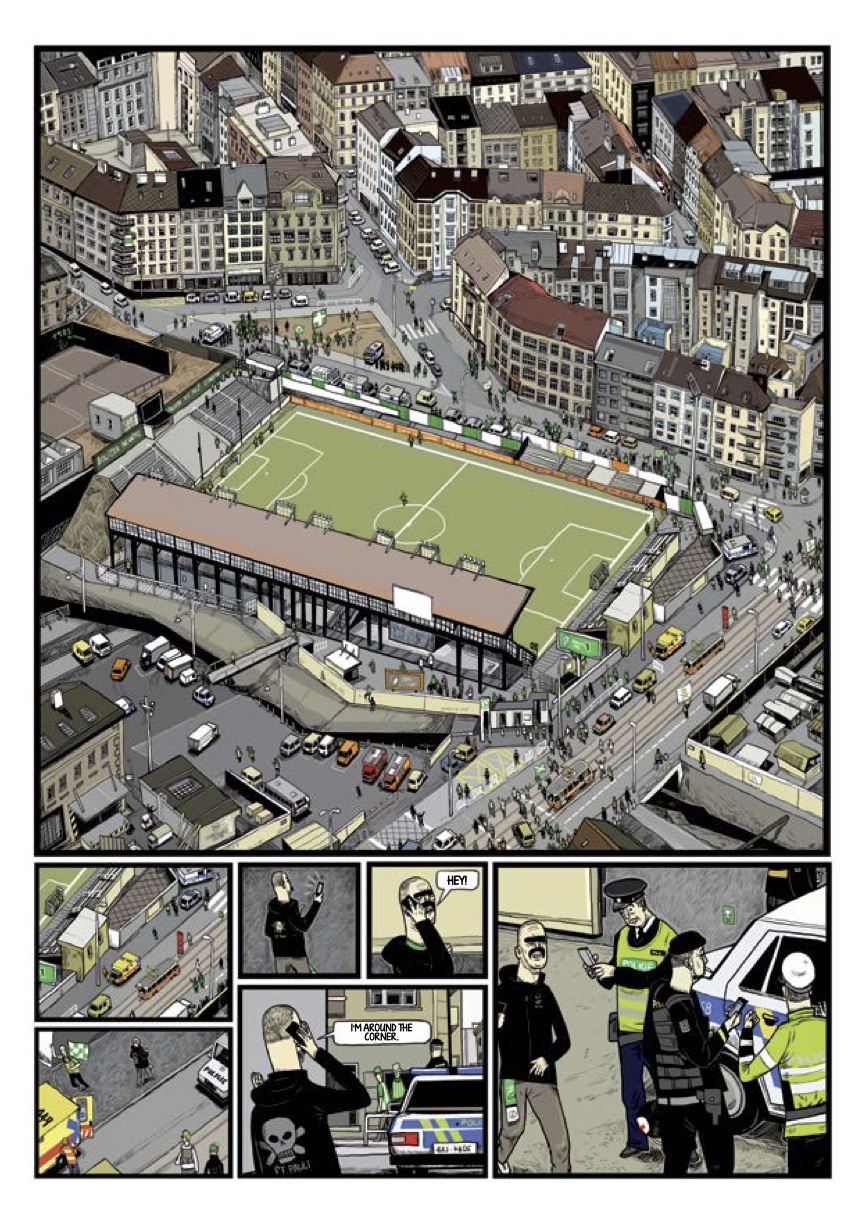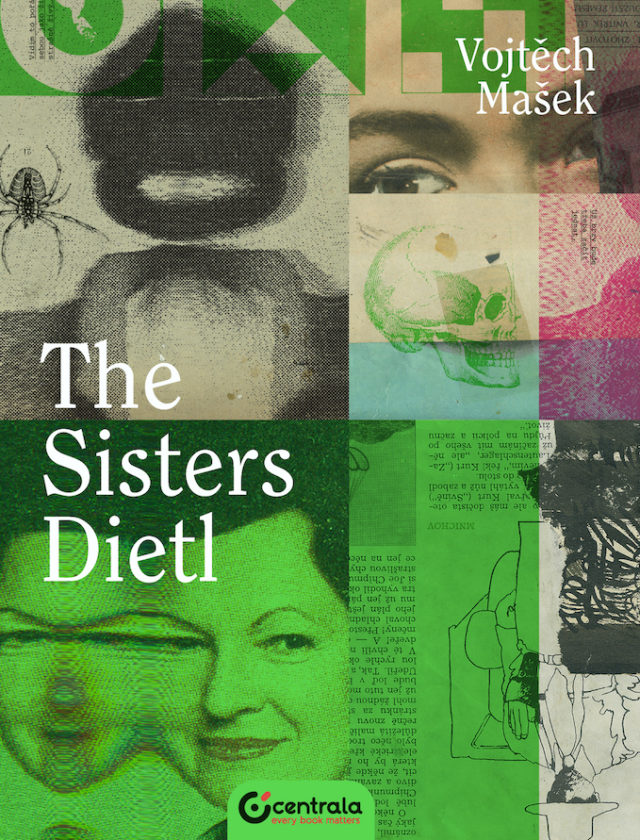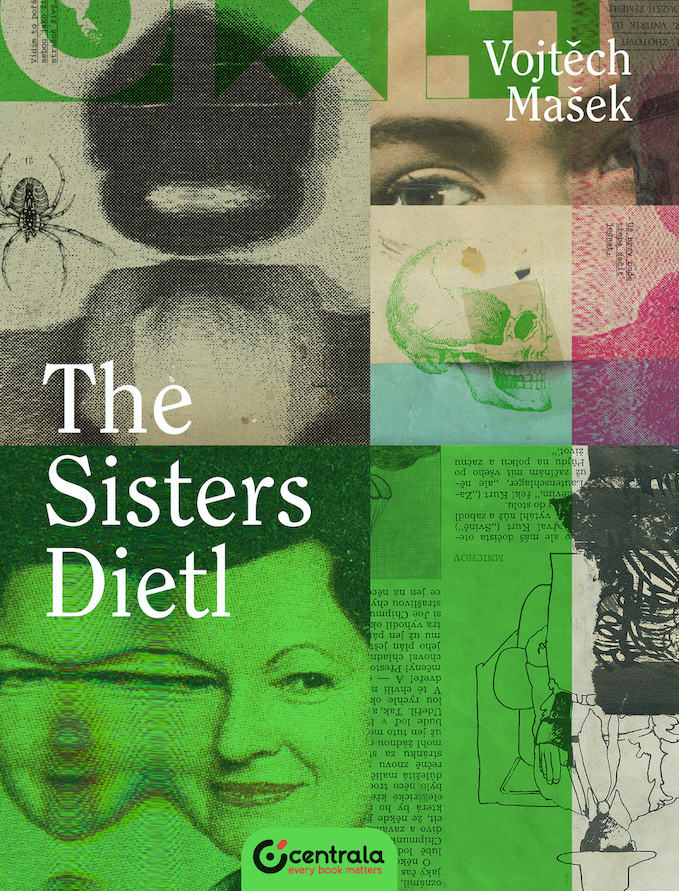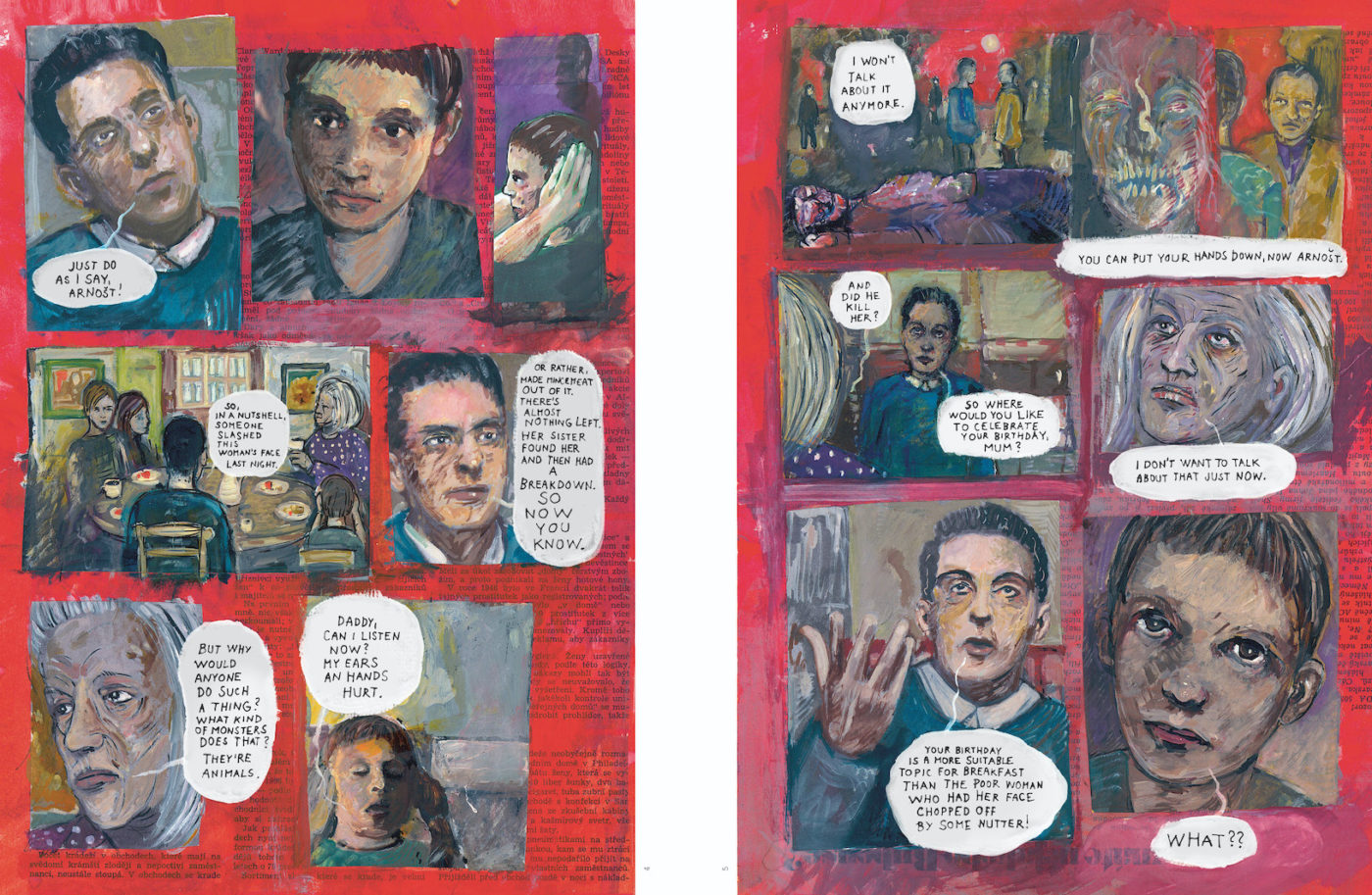A Japanese salaryman decides to ditch everything and go toa remote island to produce salt. A rocker plays with localclubs at night while working as a garbage man by day. Anaward-winning manga author earns extra income byworking at a retirement home to maintain his authorialintegrity. On the weekend, a father goes to the nearbyswimming pool […]
A Japanese salaryman decides to ditch everything and go to
a remote island to produce salt. A rocker plays with local
clubs at night while working as a garbage man by day. An
award-winning manga author earns extra income by
working at a retirement home to maintain his authorial
integrity. On the weekend, a father goes to the nearby
swimming pool with his disabled son… Eleven poetic views
of ordinary, everyday life in contemporary Japan, far from
geishas, robots, otaku, panty vending machines and other
preconceived visions of the land of the rising sun. Eleven
stories set mostly in the typical residential district of
Suginami ward, west of Tokyo, around the Iogi train station,
edited by acclaimed Czech comics author Václav Šlajch and
written by Czech-French poet Jean-Gaspard Páleníček.
Eleven artistic styles by artists from Czech Republic,
Slovakia, Ukraine and Russia.
Stories: Jean-Gaspard Páleníček
Artists: Ondřej David, Daniela Herodesová, Matej
Jurkáček, Adam Kaňovský, Matěj Kolář, Marina Kudinova,
Jozef Pavelka, Jakub Lang, Dominika Lizoňová, Petra
Ramešová, Petra Šestáková, Václav Šlajch
Japan International Manga Award 2021, bronze
Muriel Awards 2023, nominations in the categories Best
book, Best script, Best short story (“Undercurrent”, written
by Jean-Gaspard Páleníček, art by Matěj Kolář)
Jean-Gaspard Páleníček (1978), poet, translator,
exhibition curator and composer. In 1997-2001, he has
acted in the orfeus Theatre in Prague. In 2004-2017, he was
the artistic director of the Czech Centre in Paris. Since
2017, he is a freelance writer and art curator active mainly
between Prague, Paris and Tokyo. He is the author of
several poetry collections, most recently Mater speciosa
(2022), the novel The Birches (2008), the theatre play
Balzac’s Household (2009) or the poetic diary One
Sentence (2013).
Václav Šlajch (1980), comic author and illustrator, head of
the Media Illustration Studio at the Ladislav Sutnar Faculty
of Design and Art of the University of West Bohemia in
Pzeň. He belongs to the so called Generation 0 of Czech
comics, along with creators such as Jiří Grus, ToyBox or
Vladimír 518. In 2010 and 2022, he received the prestigious
Muriel comic book award in the Czech Republic. He
collaborated with director Jan Svěrák on several projects: he
is the author of the graphic version of the fairy tale Three
Brothers (2014). His most recent significant work is the
comic book Štefánik (2021).



















